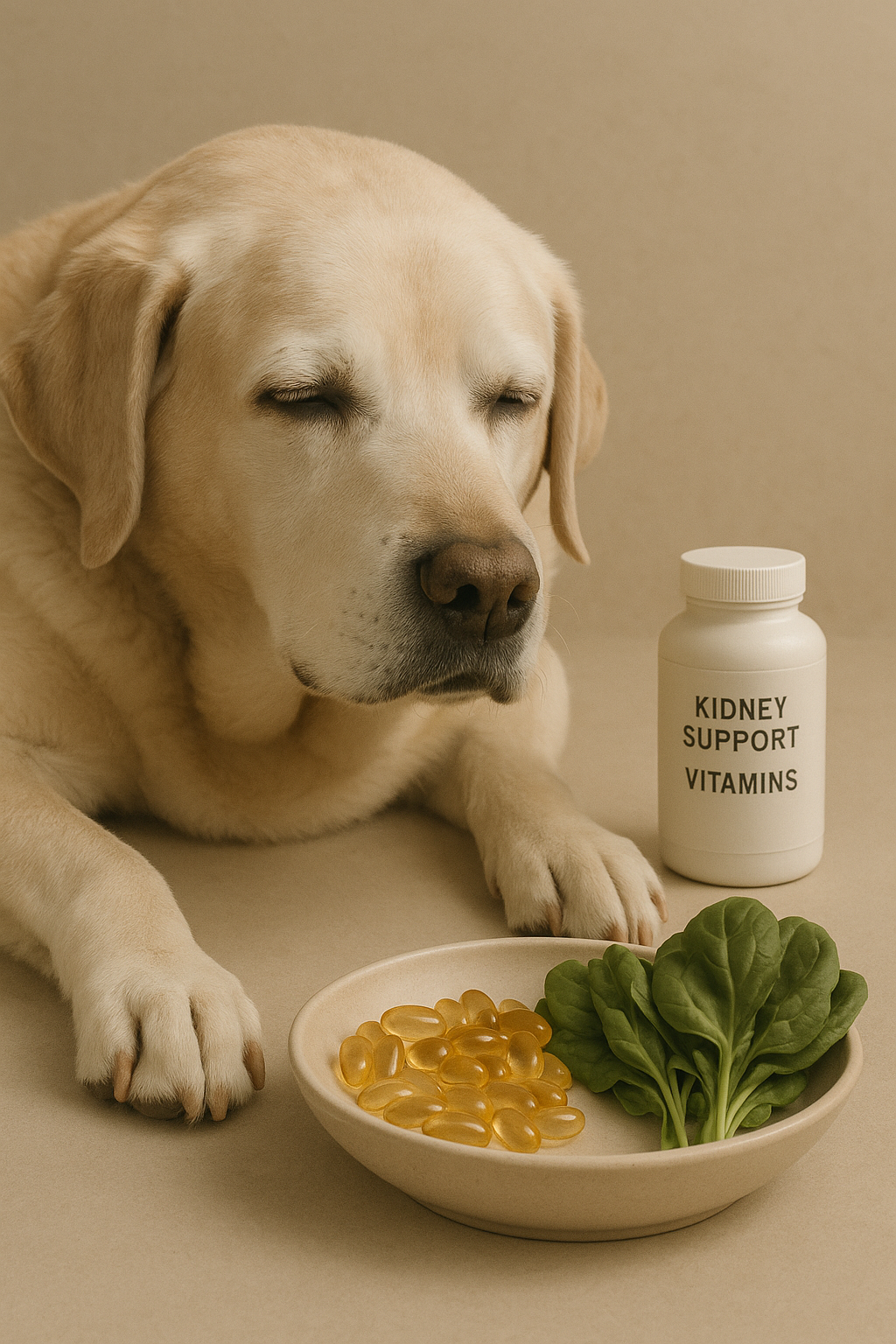
Your dog’s mobility is key to their happiness and quality of life. As pet parents, it’s tough to watch them slow down or struggle with discomfort. The right joint supplement can make a world of difference, helping to maintain or restore your furry friend’s joint health. But with so many options available, how do you pick the best one? This guide will walk you through everything you need to know to make an informed decision.
Choosing the right joint supplement for your dog doesn’t have to be complicated. By understanding key benefits, dosage forms, and your dog’s specific needs, you can provide them with optimal joint support.
Dog joint supplements come in various forms, with different features targeting unique aspects of joint health. To make the best choice, you need to consider your dog’s age, activity level, and any existing joint issues. Let’s dive deeper into what makes a joint supplement effective.
[Claim]: Studies show that quality joint supplements can support mobility and comfort in dogs.
-
Why Do Dogs Need Joint Supplements?
-
What Features Should You Look For?
-
How Do You Choose the Right Dosage Form?
-
Are There Any Side Effects to Consider?
1. Why Do Dogs Need Joint Supplements?
Joint health is vital for a dog’s mobility, comfort, and overall well-being. While diet and exercise play a role, supplements can offer targeted support, especially as dogs age.
Joint supplements provide essential nutrients that promote comfort, reduce stiffness, and enhance mobility, especially for aging or active dogs.
Joint degeneration can start early in some breeds, particularly those predisposed to hip dysplasia or arthritis. Even healthy, active dogs benefit from joint supplements to support their joints during play or physical activity. Adding these to your dog’s routine can help prevent future problems and ease discomfort in older pets.
[Claim]: Dogs over seven years old or those from large breeds are more prone to joint issues, making supplements essential.
[Claim]: Active dogs can benefit from preventive joint care to maintain long-term mobility.
2.What Features Should You Look For?
The effectiveness of a joint supplement largely depends on its formulation. Some features are scientifically proven to support joint health, while others enhance overall effectiveness.
Look for ingredients that promote lubrication, flexibility, and support for connective tissues, as well as those that help ease stiffness and discomfort.
Key elements that help maintain joint structure and prevent wear and tear.
Natural components to support flexibility and manage inflammation.
Ingredients derived from omega-rich sources to promote overall joint comfort.
[Claim]: Supplements combining multiple active features provide the most comprehensive support.
[Claim]: Joint supplements with natural anti-inflammatory properties can enhance a dog’s comfort.
3.How Do You Choose the Right Dog Joint Supplement Dosage Form?
Joint supplements come in various forms, including soft chews, powders, capsules, and liquids. Choosing the right one depends on your dog’s preferences and your convenience.
Soft chews are great for picky eaters, while powders and liquids offer easy mixing with meals. Capsules work best for precise dosing.

-
Soft Chews: Perfect for dogs who resist pills, these are often flavored to resemble treats.
-
Powders & Liquids: Ideal for mixing into food, especially for dogs with swallowing issues.
-
Capsules: Provide precise dosages, though they may require more effort to administer.
[Claim]: Soft chews have the highest compliance rates among dog owners due to ease of administration.
[Claim]: Dosage forms should match your dog’s needs and your ability to give them regularly.
4.Are There Any Side Effects to Consider?
While joint supplements are generally safe, some dogs may experience minor side effects. Knowing what to watch for can ensure your dog’s safety.
Side effects like mild digestive upset or changes in stool are rare but possible. Always start with the recommended dosage and monitor your dog.
Common side effects include mild diarrhea or stomach upset, usually when introducing a new supplement. Gradual introduction and proper dosage minimize these risks. Consult your vet if symptoms persist.
[Claim]: Supplements derived from natural ingredients are less likely to cause adverse reactions.
[Claim]: Veterinarian consultation ensures the supplement is appropriate for your dog’s unique needs.
Choosing the right joint supplement for your dog involves understanding their specific needs, researching effective features, and picking the ideal dosage form. By doing so, you can ensure your dog stays active, comfortable, and healthy for years to come.



